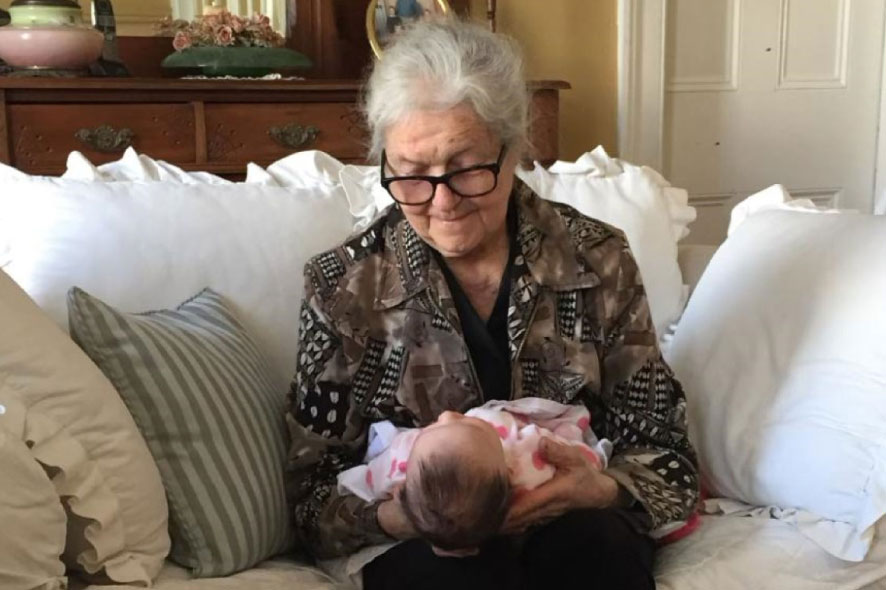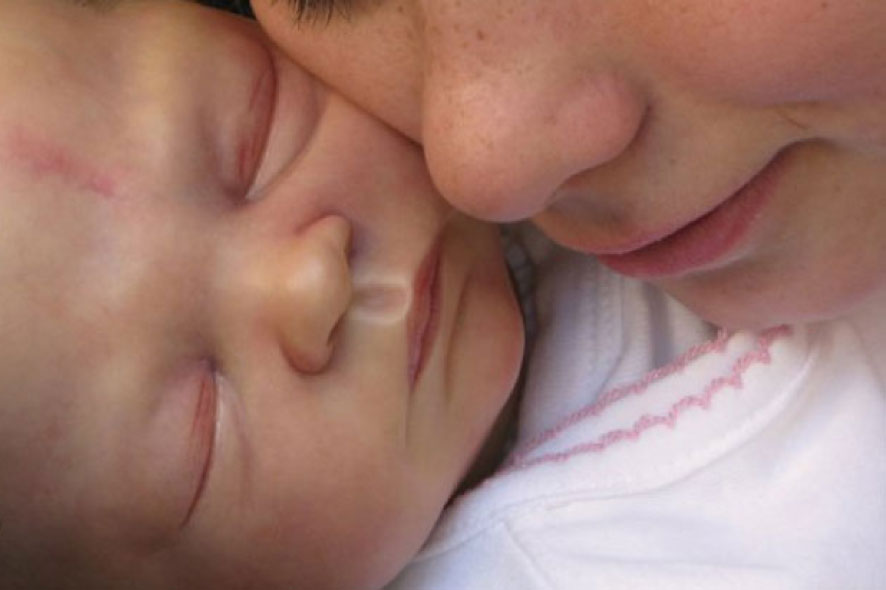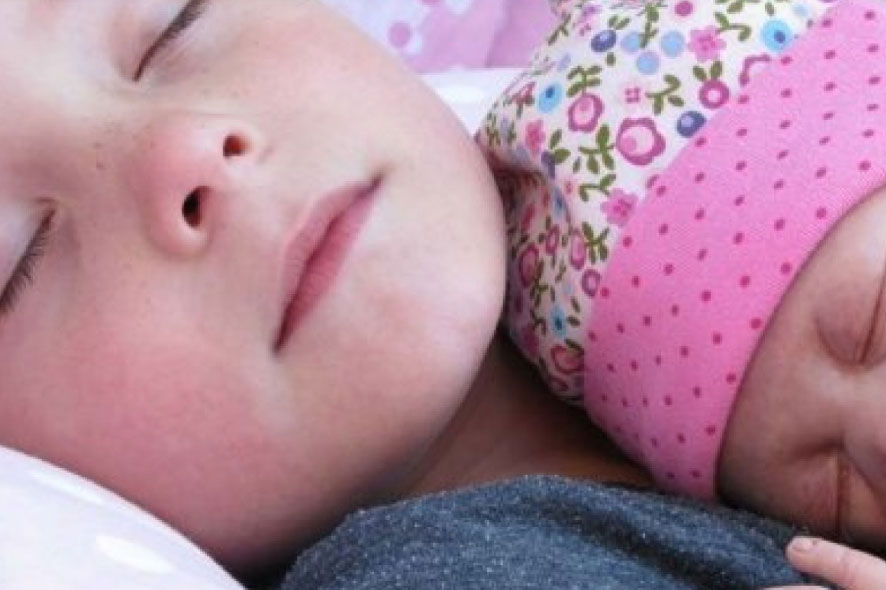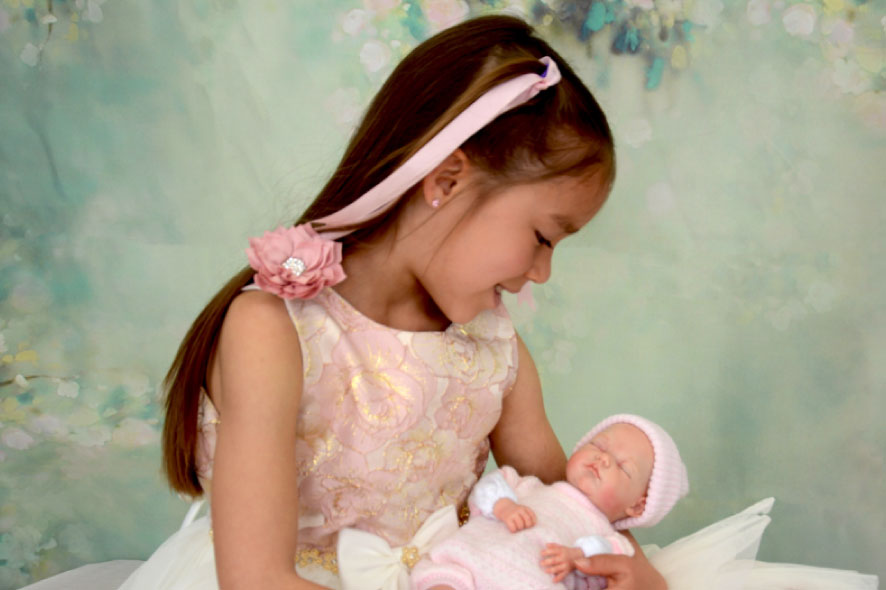
Dementia affects more than 55 million people worldwide, impacting not only those diagnosed but also their families and caregivers. According to the World Health Organization (WHO), finding compassionate, non-drug ways to improve quality of life is more important than ever. One approach that’s making a real difference is Doll Therapy...a gentle, evidence-backed method that brings comfort, reduces anxiety, and helps people with dementia feel emotionally connected.

For children suffering from Post-Traumatic Stress Disorder (PTSD), the world can feel like an unpredictable and frightening place. Everyday activities, interactions, or even quiet moments can be overshadowed by anxiety, agitation, or painful memories. For these children, finding a safe space—both physically and emotionally—is crucial for healing.
Read more: Weighted Therapy Dolls Helping Children with PTSD

Change can be challenging for anyone, but for children with Autism Spectrum Disorder (ASD), it can feel overwhelming. The world we live in is full of sensory surprises, unexpected transitions, and unfamiliar environments that can trigger anxiety. For these children, consistency and familiarity are not just comforting—they’re essential.
Read more: Benefits of Weighted Therapy Dolls for Children with Autism

In today’s busy world, building empathy, compassion, and emotional intelligence in children is more important than ever. Families everywhere are looking for meaningful ways to connect, encourage healthy play, and support their children’s social and emotional growth. One of the most effective and enjoyable ways to nurture these qualities is through weighted therapy dolls.
Read more: The Power of Weighted Dolls: Fostering Family, Empathy, and Healthy Play

The reborn doll industry, with its emphasis on lifelike craftsmanship and emotional connection, has paved the way for a groundbreaking market: weighted therapy dolls.
Read more: Reborn Doll Market & the Potential of Therapy Dolls